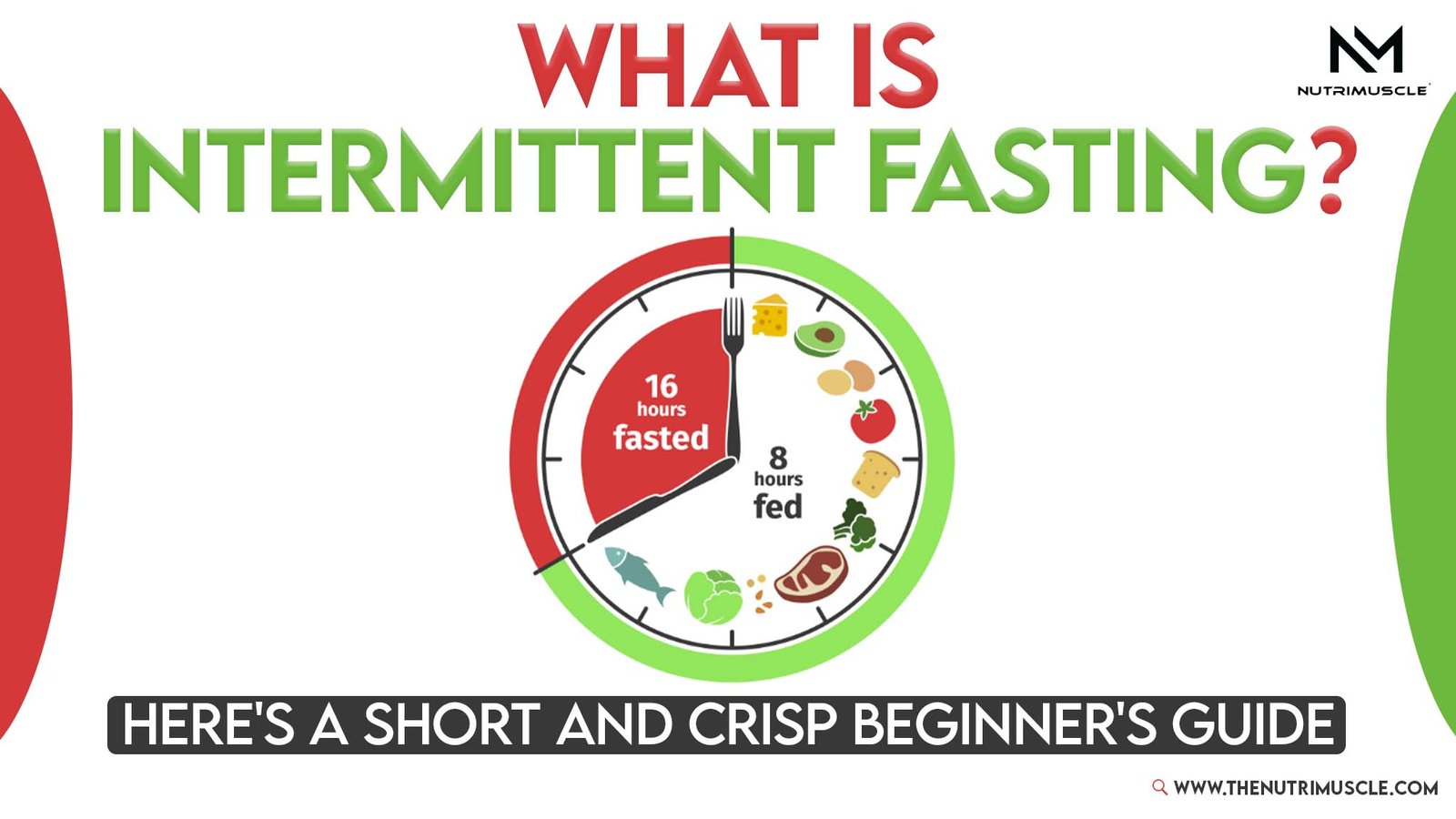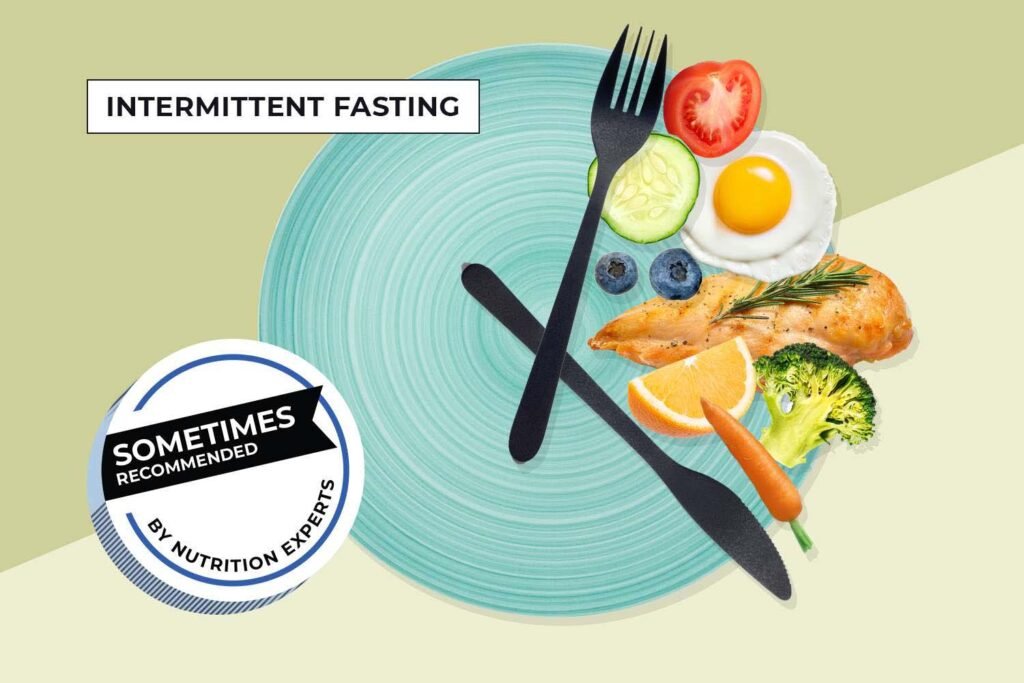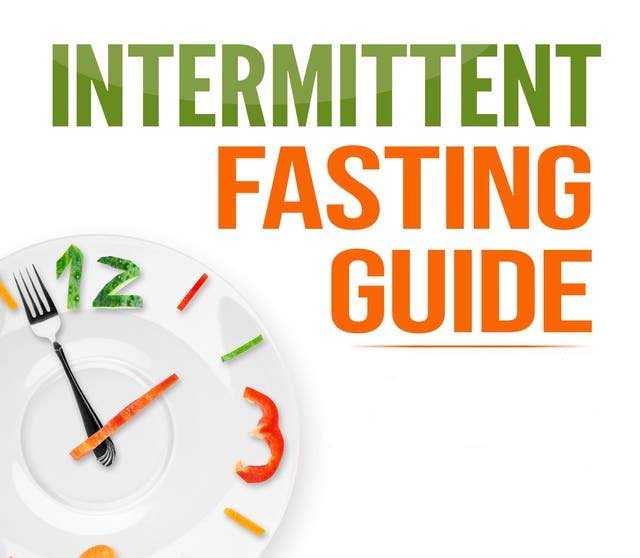What is Intermittent Fasting? Here’s a Short and Crisp Beginner’s Guide

-by Aman Kumar Rastogi
What is Intermittent Fasting?
If you are looking to lose some weight or be on a diet, you most probably might have heard of intermittent fasting. In the quest for effective and sustainable ways to enhance health and well-being, intermittent fasting has emerged as a popular approach. Intermittent fasting doesn’t talk about what to eat but revolves around when to eat. In simple terms, it involves a pattern of alternating periods of fasting and eating. During fasting periods, you are allowed to either eat very little or not at all. However, during the fasting window, you are allowed to drink water and other zero-calorie beverages.
Methods of Intermittent Fasting
As discussed above intermittent fasting involves alternating periods of eating and fasting. There are different approaches to the fasting and eating windows. Some of the most common methods are the 16/8 method, the 5:2 Diet, and the Eat-Stop-Eat method.
16/8 Method
In this method, you are required to fast for 16 hours and eat in the remaining 8-hour window. It usually starts with an overnight fast and you are allowed to have 2-3 meals.
5:2 Diet
In this method, you are required to eat normally for 5 days of the week, and for the remaining 2 non-consecutive days you are required to significantly reduce your caloric intake to around 500-600 calories.
Eat-Stop-Eat
In this method, you are required to keep 2- hours fast once or twice a week. It usually involves abstaining from having food from one dinner day to the dinner the next day.
Is Intermittent Fasting Safe?

Intermittent Fasting can be safe for most individuals, but it depends on various other factors such as underlying health conditions, nutritional needs age, lifestyle, etc. It becomes very essential to consult with a healthcare professional before starting intermittent fasting, especially with people having pre-existing medical conditions, pregnant or breastfeeding women, and those already on other medications. It also becomes very essential to ensure that you are taking a balanced and nutrient-rich diet during your eating windows. Also, ensure that you are adequately hydrated during fasting periods. Water, herbal teas, and other non-caloric beverages can help prevent dehydration.
Benefits of Intermittent Fasting
Intermittent fasting has a variety of health benefits when done with proper consultation with a healthcare professional. Some of them are: –
Weight Loss
During intermittent fasting your caloric intake is considerably reduced, thereby prompting the use of stored fat in the body for energy, contributing to weight loss.
Improved Metabolism
Studies suggest that intermittent fasting can improve metabolism. It may enhance metabolic health by regulating insulin sensitivity and the cellular repair process.
Cellular Repair
Fasting triggers autophagy, during which the cellular waste in the body is removed. This promotes cellular repair and longevity.
Blood Sugar Regulation
Intermittent fasting has been proven to reduce insulin resistance thereby lowering the risk of type 2 diabetes.
Improves Cardiovascular Health
Intermittent fasting helps reduce blood pressure, cholesterol levels, and inflammation, thereby positively impacting cardiovascular health.
It’s worth noting that alongside intermittent fasting, maintaining a balanced and nutritious diet is a vital factor in achieving overall health goals. Proper nutrition ensures that the body receives essential vitamins, minerals, and other nutrients necessary for optimal functioning. We at Nutrimuscle offer a range of high-quality supplements enriched with micronutrients ranging from whey protein to mass gainers to creatine and many more, designed to support various nutritional requirements, ensuring that individuals can achieve a well-rounded and balanced diet which is very essential for their successful intermittent fasting journey.


